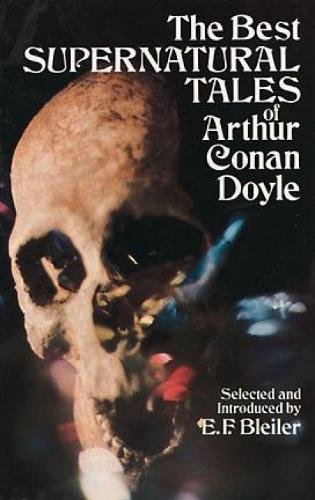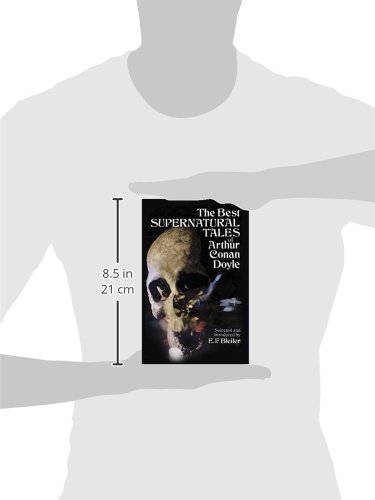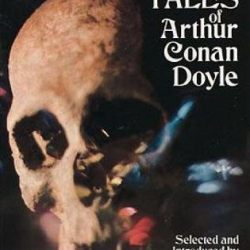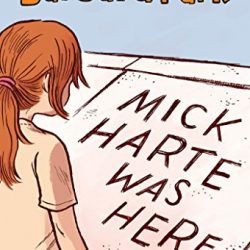Beyond the chills and thrills, Doyle’s supernatural tales often explore deeper themes, leaving you with much to ponder. They invite you to contemplate the mysterious and the unexplained in our world.
Perfect for All Occasions: Whether you’re looking for a gripping bedtime read, a way to pass the time on a rainy day, or something to share around a campfire, these supernatural tales are suitable for all occasions.
Collector’s Item: If you’re a collector of classic literature or a fan of Arthur Conan Doyle, this book is a valuable addition to your library. It’s a piece of literary history that deserves a place on your bookshelf.
Unforgettable Stories: Doyle’s supernatural tales are unforgettable. Once you delve into this collection, you’ll find it hard to put down, and the stories will linger in your thoughts long after you’ve finished reading.
The Best Supernatural Tales of Arthur Conan Doyle.
How frequently have I said to you that when you have wiped out the incomprehensible, whatever remains, however unlikely, must be reality. —Sherlock Holmes
At the point when Holmes wearied of everyday Victorian reality, he went after the cocaine; his maker Doyle came to past reality, to the mysterious secret world as genuine to him as a hansom taxicab—so genuine that it turned out to be a piece of his fiction. It is nothing unexpected that in the year “A Study in Scarlet” showed up (1887), this flexible essayist was perusing truly in mysticism, going to séances, and had officially kept in touch with a portion of the exciting stories in this book.
The Best Supernatural Tales of Arthur Conan Doyle gathers together without precedent for an American version the fifteen finest short stories in this class by the ace storyteller. In respect to his huge abstract yield, Doyle composed similarly couple of stories managing particularly with mysticism, Egyptian enchantment, psychometry, and other mysterious areas he knew so altogether — and these scattered stories, warily rejected or basically covered underneath the mass of his criminologist, chronicled, games, medicinal, and different pieces, still can’t seem to get their due as unrivaled or average cases of his story control.
The polymath Doyle has plan of action to numerous twilit marginal domains of the past in these stories which showed up in different periodicals from 1880 to 1921. “The Bully of Brocas Court” gives another inclination to the Victorian phantom story in one of Doyle’s most loved settings, the universe of boxing. “The Captain of the Polestar” reviews the odd northern scenery of the creator’s whaling enterprises; “The Brown Hand” bargains in body-soul subjugation with a touch of the East. Two plumage raising chronicles, “Part No. 249” and “The Ring of Thoth,” rely upon the conundrum of Egyptian mummy legend; “The Leather Funnel” and “The Silver Hatchet” include psychometry, a material question’s maintenance of an atmosphere or memory of its past, which a delicate being can “replay” through dreams. And after that there is “J. Habakuk Jephson’s Statement,” Doyle’s theoretical answer for the Marie Celeste conundrum, which was fervently decried when distributed (namelessly) in light of the fact that it appeared to be so valid thus loathsome.
Doyle perusers, understudies of the mysterious, and any individual who adores an inventive story will wish to understanding, through these cloud, once in a while republished stories, what was by and by so near their author.













![How Not To Die, Longevity Paradox [Hardcover], Vegan Longevity Diet How Not To Die, Longevity Paradox [Hardcover], Vegan Longevity Diet](https://ineedthebestoffer.com/wp-content/uploads/2019/08/41035124-1-100x100.jpg)

Reviews
There are no reviews yet.